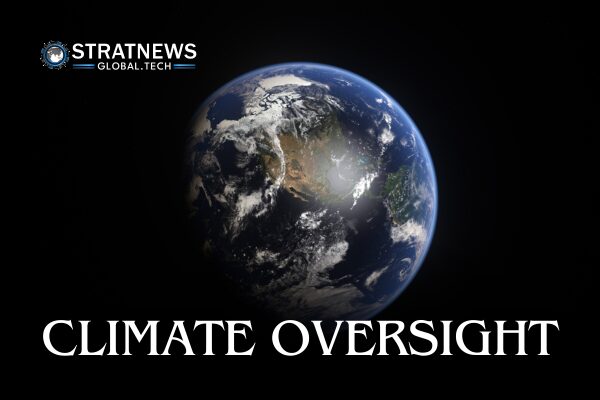US Regulators Dismantle Climate Risk Committees in Shift Toward Traditional Financial Oversight
US financial regulators have voted to dissolve two key committees responsible for assessing climate-related financial risks. The decision marks a significant rollback of climate-focused oversight efforts initiated under the Biden administration.
The Financial Stability Oversight Council (FSOC), chaired by Treasury Secretary Scott Bessent, rescinded the charters for the Climate-Related Financial Risk Committee and its advisory body. The vote was held during a public session, with no dissent or abstentions recorded.
Rollback Signals Shift in Regulatory Focus
These committees were originally established by former Treasury Secretary Janet Yellen. She had warned that worsening climate events—such as storms and wildfires—could severely impact the US economy and trigger large-scale financial instability. Their work aimed to integrate climate considerations into financial regulations and monitor systemic risks.
However, Bessent explained the decision as part of a broader “back to basics” approach. He stated that financial regulation should now prioritise economic growth, simplified oversight, and reduced compliance burdens for banks and lenders.
“By rescinding these charters, the council can better focus its attention and resources on core financial stability issues,” Bessent said. He added that the council would continue to promote economic growth and maintain the safety of the financial system while protecting consumers.
Broader Climate Policy Reversals Underway
The move adds to a series of reversals in US climate and energy policy under the current administration. In recent months, there has been a notable shift away from federal support for clean energy initiatives. Simultaneously, regulations on fossil fuel production have been scaled back in an effort to boost domestic energy output.
Critics of the latest decision expressed concern over the implications for long-term financial security. Tracey Lewis, senior policy counsel at Public Citizen, warned that disbanding the climate risk committees removes important safeguards. “The committee’s work on the financial impacts of climate disasters on housing, insurance, and regulation plays an important role in protecting the soundness of our financial system,” she said.
FSOC to Reassess Oversight of Non-Bank Institutions
In a related development, FSOC also indicated plans to review prior guidance on identifying non-bank institutions as systemically important. Designating such firms would increase regulatory scrutiny and bring them under stricter oversight.
The dismantling of these climate-focused financial oversight bodies highlights a return to more traditional regulatory priorities, with less emphasis on environmental risk factors.
with inputs from Reuters


